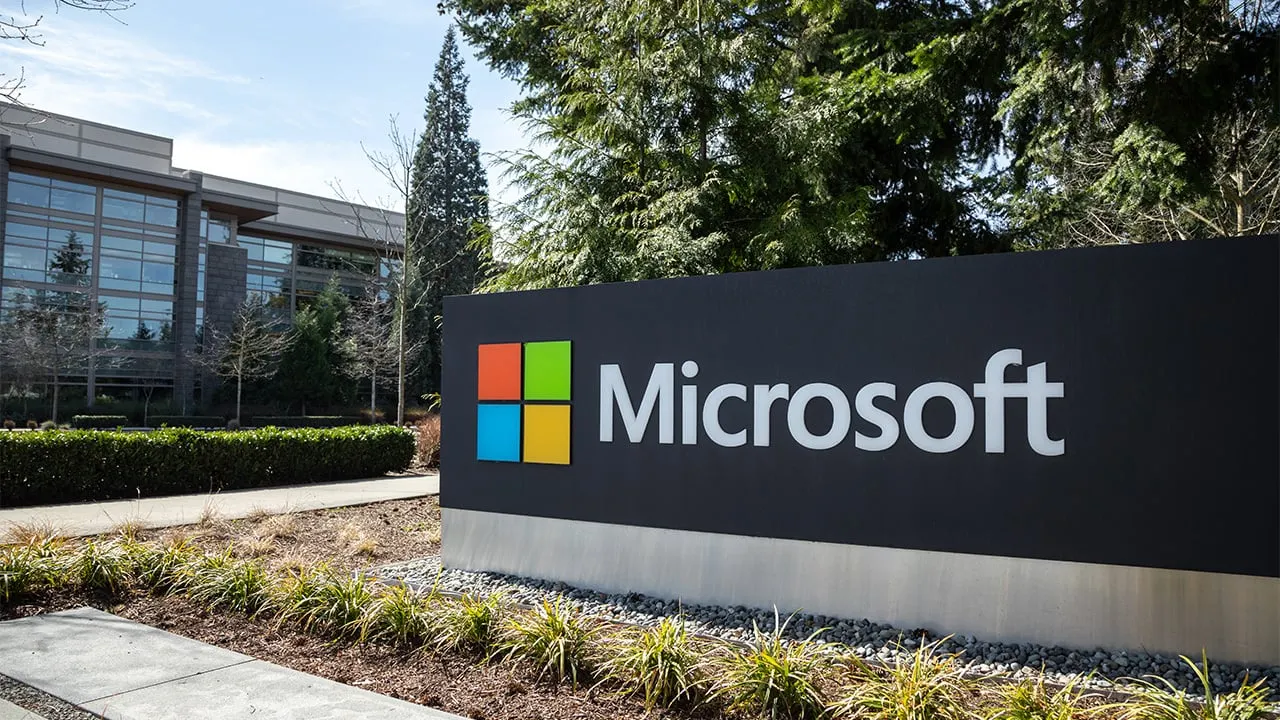Microsoft stock dipped on Monday after investment bank TD Cowen reported the tech giant canceled leases on two data centers in the U.S.
The stock fell 1.8% during Monday's trade but has since recovered back to its opening price of $404.04, according to MarketWatch data.
Microsoft terminated select leases with at least two private data center operators across multiple U.S. markets, accounting for “a couple of hundred megawatts” of power, according to a copy of TD Cowen's report as cited by Bloomberg.
For a perspective of how much power that is, 1 megawatt can power 250 homes during peak usage hours, according to the Electric Reliability Council of Texas.
“While we have yet to get the level of color via our channel checks that we would like into why this is occurring, our initial reaction is that this is tied to Microsoft potentially being in an oversupply position,” TD Cowen reportedly wrote.
Artificial intelligence depends heavily on massive amounts of data, requiring increased computing power, greater storage, and faster network speeds—all of which data centers provide.
However, newer open-source AI models like DeepSeek claim to operate at a fraction of the cost of their American rivals. AI developers may be reassessing where they put their money.
An industry source familiar with the matter told Decrypt Microsoft’s pullback reflects a shift in OpenAI workloads toward competitors like Oracle.
Oracle, Google, and Meta have all seen significant year-over-year growth in demand, while Amazon’s demand has remained steady.
There are currently 3,317 data centers in the U.S. alone, according to figures from tracking website Data Center Map.
Addressing questions about shifts in its data center approach, Microsoft reaffirmed its dedication to ongoing growth and infrastructure investments to satisfy rising customer demand.
“While we may strategically pace or adjust our infrastructure in some areas, we will continue to grow strongly in all regions,” a Microsoft spokesperson said in a statement to Decrypt. "This allows us to invest and allocate resources to growth areas for our future.”
Microsoft plans to spend $80 billion on “infrastructure” in 2025, the spokesperson said.
“Microsoft is adjusting its data center usage targets over the coming years due to increased competition from other players launching new projects,” Blockspace Media co-founder Will Foxley told Decrypt.
“Microsoft is still aggressively flexing its budget for data center growth, so I don't take the TD Cowen note as too noteworthy long term.”
Foxley, the former Director of Media and Strategy at Compass Mining, noted that such cancellations or adjustments are common for large enterprises.
"A company like Microsoft is likely negotiating globally for dozens of data centers simultaneously," he explained. “A few cancellations aren't especially surprising."
In contrast, Foxley pointed out that the stakes for canceling data center leases could be significantly higher for Bitcoin miners.
“Miners have less capital and operate under tighter timelines,” Foxley said. “That means cancellations can quickly lead to catastrophic outcomes.
Edited by Sebastian Sinclair

